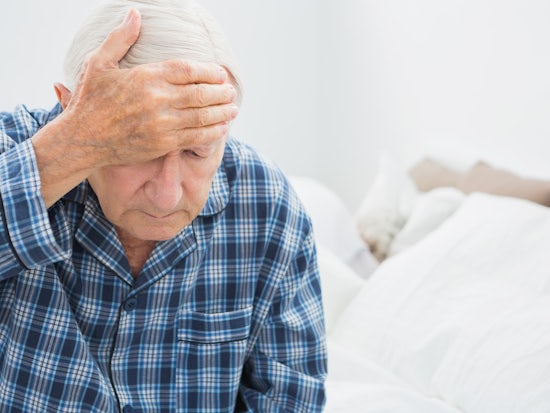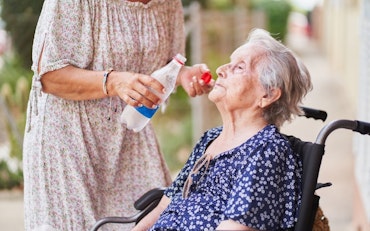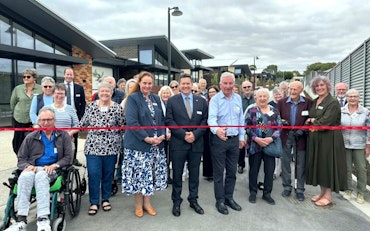Aged care residents, are they in pain?
National body for working to prevent and manage pain, Painaustralia has this week revealed concerns about the pain management and treatment of aged care residents.

One in two aged care residents may be living in pain (Source: Shutterstock)
The release of the sourced statistics at the heart of the concern comes in collaboration with National Pain Week and suggests that one in two aged care residents may be living in pain.
Painaustralia CEO Carol Bennett believes that reform is “urgently needed to give dignity to our frail and aged”.
The statistics released by Painaustralia estimates that up to 80 percent of aged care residents have chronic pain, with more than half of residents (52 percent) in aged care facilities in Australia having a diagnosis of dementia, while two in three (67 percent) require high-level care to manage behaviour.
Given the high numbers of those with cognitive decline and with high-care needs, Painaustralia suggests that a great deal of pain may be going unacknowledged or treated in aged care facilities, due to reduced capacity for appropriate detection.
“Our residential aged care facilities are falling short of managing chronic pain and current federal funding provision does not support evidence-based best-practice care,” Ms Bennett says.
“Untreated pain not only impacts the individual resident, there is also greater stress to their families and a greater burden of care for staff.”
Statistics collated by Painaustralia also show that 41 percent – almost half – of care professionals have received no training on assessment of pain in people with dementia with 90 percent of care professionals saying that additional training would be beneficial.
“We need care staff that are appropriately trained in pain assessment and management,” Ms Bennett says.
“We need reporting practices that include pain and we need appropriate multidisciplinary care.
“This means we have to reform the current government funding provisions to ensure people with pain can get appropriate care. Anything less is denying appropriate care to our older generation.”
Painaustralia has also stated that although chronic pain is difficult to treat and may be lifelong, evidence shows that multidisciplinary pain management is the most effective approach for minimising the impact of pain, improving function and quality of life – whether or not the patient has a cognitive impairment and regardless of age.
With an ageing population, predicted by the Australian Bureau of Statistics to reach 9.6 million people aged 65 and over by 2064, Ms Bennett says, “Pain management in residential aged care is an issue that is in the interest of every Australian”.
National Pain Week runs from July 24-30.










